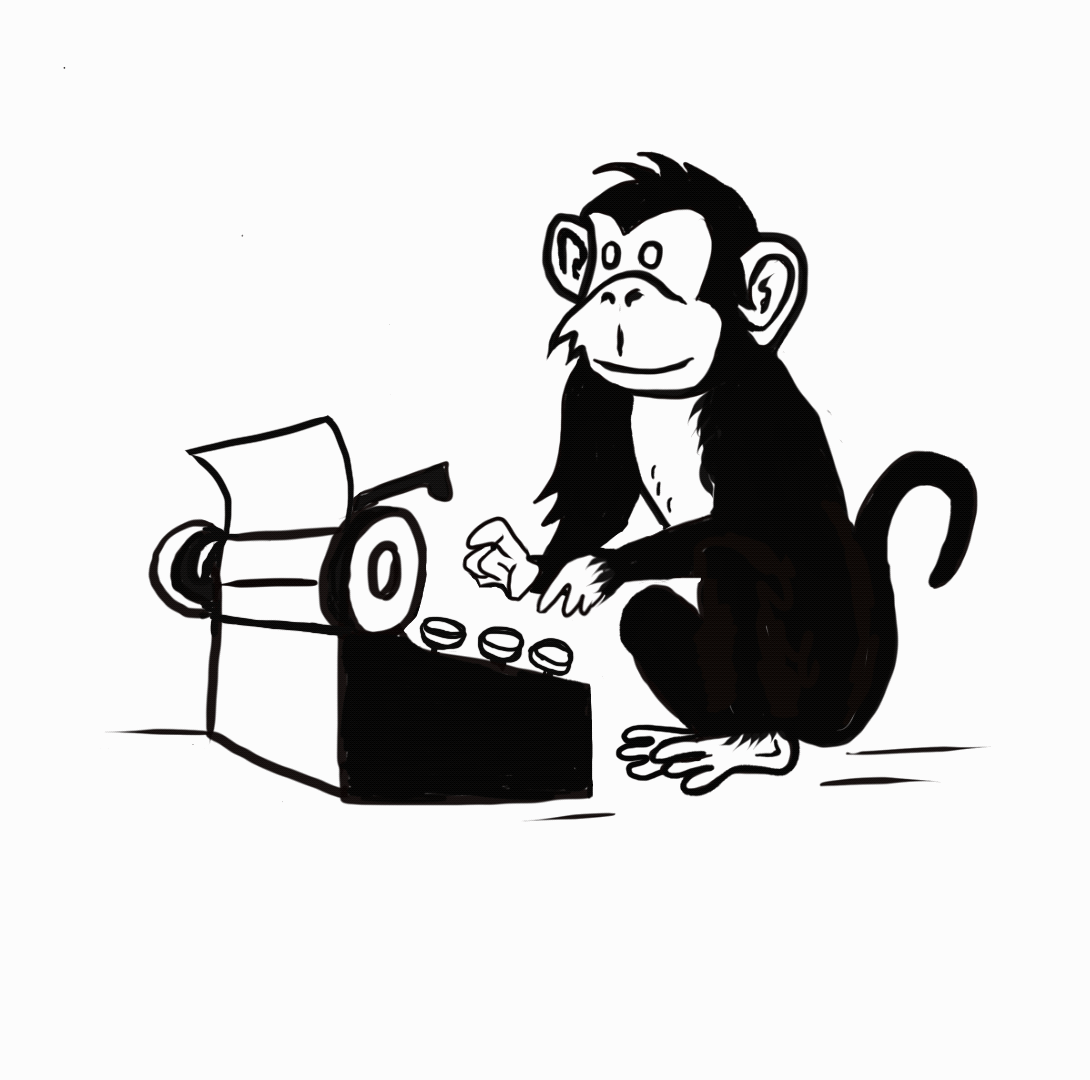If you’ve ever attended a Modern Stoicism virtual event, Phil Yanov is the reason it went off without a hitch. (And if you haven’t, you should!) Phil is an entrepreneur, a technologist, a Stoic, and a connector. Through his company Tech After Five he creates in-person and virtual events that bring together like-minded people to share ideas, forge bonds, and create new projects. His Tech After Five podcast can be heard anywhere fine podcasts are purveyed. We’re honored that he shared his thoughts with us.

1. What first drew you to Stoicism?
First off, thank you so much for the opportunity to share my story. I don’t know if it’s helpful to anybody else, but I am happy to share it and maybe somebody finds a path through it.
I think that it is important to share our path. Others might find their path easier if we can give some clarity of how we overcome our obstacles.
Donald Robertson has driven the idea into my thinking that cognitive behavioral therapy is a therapeutic intervention that is designed to be short-term. Stoicism, on the other hand, shares many of the same principles as cognitive behavioral therapy but it is a long-term proposition. It is a way you find your way through life. You use it every day. It has benefits for every day of your life… forever.
Stoicism will get you through hard times, it will get you through difficult people. I needed that.
Further, we’ve got a variety of figures that we can use to teach us about Stoicism. They were philosophers that were living their philosophy in a wide variety of settings, cultures, and times.
Like Karen Duffy, I love Epictetus. I love him talking about what it means to be free. What he has to say is important and applicable because I think, while none of us have ever been slaves, we are in fact, chained to the ideas and chained to limitations.
When he’s talking about freedom, he’s telling us, we can get ourselves free from that. We can disentangle ourselves with what the world wants us to believe.
I’m sure that what first drew me to Stoicism is the fact that I had a disordered mind and I tried other things and they didn’t seem to work very well.
The Stoic philosophers spent a lot of time thinking about the same kinds of problems that I felt like I was being challenged by.
While the language is sometimes challenging, the advice is often specific and applicable even though I am living millennia after the person who wrote it.
Seneca teaches us how to deal with anger. He admonishes us not to make situations worse by fearing them more than we should. Stoicism is full of practical answers for life and I want those answers.
I want to live those answers. I want ataraxia. I want to live a life of Eudaemonia. I want a calm mind because I think it not only makes me a better human being for me. It makes me a better human being for others.
Stoicism teaches me to put my own life vest on first, so I can be more useful to others.
2. You run networking events through your company, Tech After Five. How does Stoicism inform what you do?
Tech After Five is a professional networking event primarily aimed at IT professionals, and it’s in person. At the beginning of the pandemic, we started a virtual event as well, and that event is called Networking Over Coffee. It is how I have an impact on the lives of others.
So my day job is connecting smart and talented people. And having them build up enough trust and enough relationship with each other that they can go build something together. Maybe one will hire the other and that might be as a full-time position or it might be as a contractor or it might be that they go form a business together.
Unrelated individuals come into my room, they come into my event and maybe they know each other and maybe they don’t. But if I facilitate this thing just right, then they walk away with a higher trust level, with better communication. They walk away emotionally engaged, ready to collaborate.
If you think about the circles of Hierocles, this is what Tech After Five is doing. Tech After Five is designed to fulfill a fundamental Stoic principle, which is how can I take the community larger than myself and treat them like they’re ever closer.
I bring these people closer and I take them from not knowing each other to maybe knowing each other. They get to actually knowing each other well enough that they want to have more conversations. And then they build trust. Once they have trust they go off and build something together, that’s good for them and good for the community at large.
So I think that cosmopolitanism, treating everybody like they are somebody that you could do something with, that you could build something with, that is a foundational Stoic principle and it’s one that we get to live out in the real world with Tech After Five.
3. What’s your role at Modern Stoicism?
I joined the advisory board of Modern Stoicism in October of 2020. Modern Stoicism began its journey with a balance of academics and accomplished practitioners, and has grown into the most comprehensive voice for Stoicism in the world.
When the lockdown began, live events became difficult. Modern Stoicism was trying to figure out how to go about and do events in the virtual. I asked if I could help.
I had been running a number of events online on Zoom, I had played with around with some other tools and I got pretty familiar with them, and I built something that I knew would work.
I reached out that year to Donald Robertson and Massimo Pigliucci, who were actually running the Stoicon event, and I asked them if they could use my help in pulling it together.
And again, through repeated contact through repeated conversation, I managed to get myself close to these guys enough that they trusted me to help them with it and we managed to pull off the first ever virtual Stoicon. An event that would have otherwise been canceled went virtual and served an entirely new and global audience.
It’s fantastic. My role inside of Modern Stoicism is to make sure that the tech works so that the amazing voices of Stoicism can connect with a global community.
4. You were one of the first voices people heard at Stoicon 2022. Did you experience any un-Stoic nervousness?
So my role at the Stoicon events is to be the host behind the hosts. That means I make sure that everything works so that their voices are heard and that we are able to pull off a great event, right? I want Stoicon to be engaging and interesting for the audience.
As the emcee behind the emcees, I am in fact the first voice people hear. In that role, I am not nervous at all.
I’ve done all of my planning. I have thought about all the things that could go wrong before we get started. But I am also practiced. Like the Stoic archer who draws the bow, I have drawn this bow, I have hosted hundreds of virtual events. I am very comfortable with both the microphone and the technology and what we can do with the audience.
So, I would say that I was not at all nervous when the show began.
But, I was very excited.
I am energized at the start. There’s nothing like getting ready to run a virtual Stoicon. I start the call an hour early. I check the tech. I verify the speakers are going to be ready. Then I watch, and maybe 100 people will join the call an hour before the scheduled start. They are ready, they are early, and I am excited. Not nervous, just excited.
Now I’ve had reason to be nervous a time or two. We have had technical kerfuffles. But… I was calm, we solved the problem, and we started on time.
I love what we do — and I breathe deeply.
5. When was the last time you screamed your lungs out for any reason?
One of the reasons I remain intrigued by Stoicism and one of the reasons I continue to lean into this philosophy Is that I’m easily frustrated. I am a person who wants the world to be in a particular way. It frequently disappoints me.
So, what about screaming Phil?
I live in a house that has two dogs and two cats — and none of them are particularly well trained.
The cats particularly have a predilection for viewing the world as something that they own. I simply am passing through their universe, an obstacle with agency.
There is no doubt in my mind that at some point in the recent past I’ve been thwarted by some animal’s predictable but unhoped for behavior.
I will let out a curse. I have let out a curse. I did. Maybe yesterday.
It’s quick. It’s ephemeral. I try not to have any witnesses. Then, I’m done. It’s over. I don’t carry it with me.
That’s as close as I think I come to screaming. The cats don’t seem to care.

So wonderful – Phil! And Karen Duffy too! Words fail! But many Thanks! 👏👏👏😻!